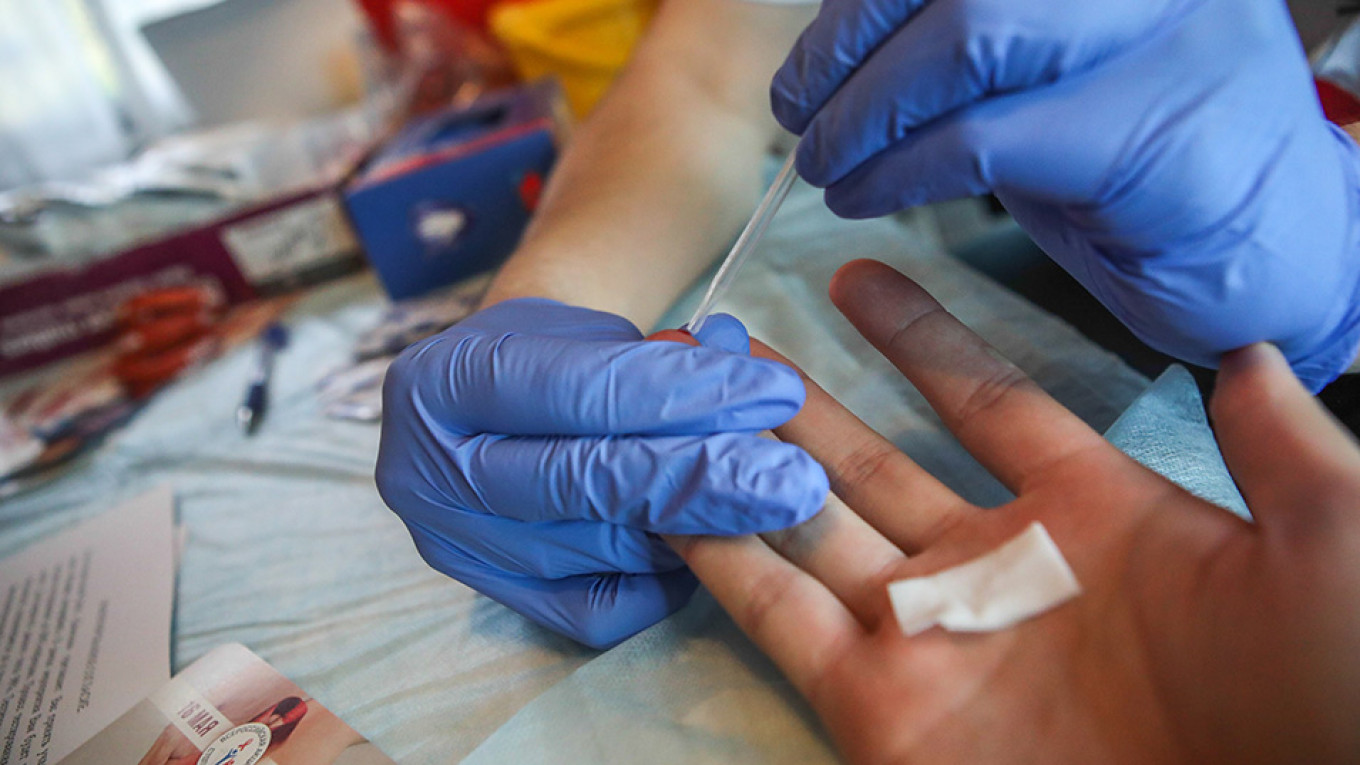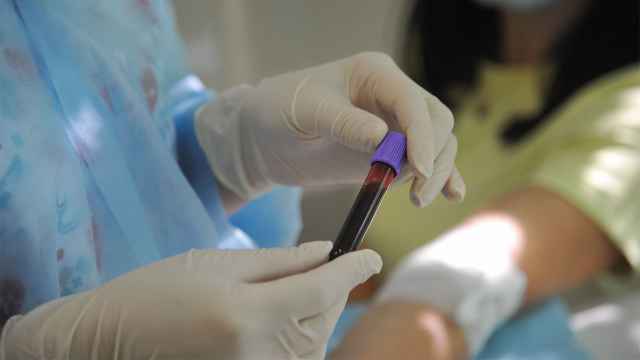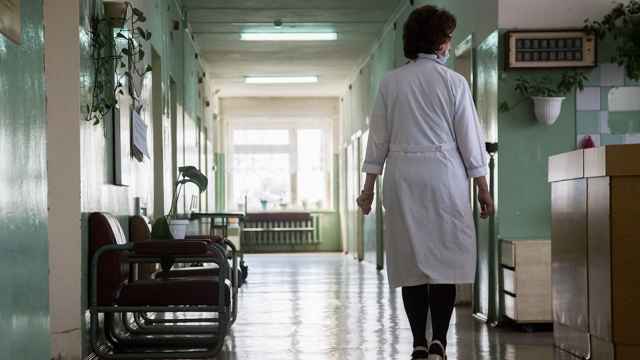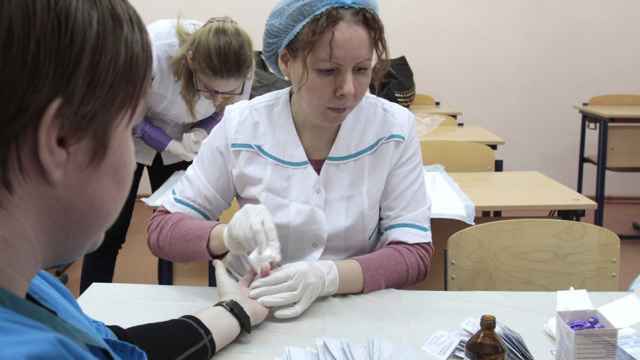Russians living with HIV will be able to legally adopt children living with them under new legislation passed on Tuesday.
Russia’s Constitutional Court ruled last year that preventing HIV-positive families from adopting children who already live with them was unconstitutional. The changes were anticipated as part of Russia’s broader state strategy to combat the epidemic that has led to the deaths of 318,000 Russians over the past 30 years and to reduce stigma.
The bill, which aims to allow people living with HIV, hepatitis С, tuberculosis and other diseases to adopt children “in already established family relations,” passed its third and final reading in Russia’s State Duma on Tuesday.
It is expected to be approved by Russia’s upper house of parliament and be signed by President Vladimir Putin to become law.
Russia’s 2016 strategy to combat the spread of HIV aims to work with at-risk groups, spread awareness and fight discrimination.
A Message from The Moscow Times:
Dear readers,
We are facing unprecedented challenges. Russia's Prosecutor General's Office has designated The Moscow Times as an "undesirable" organization, criminalizing our work and putting our staff at risk of prosecution. This follows our earlier unjust labeling as a "foreign agent."
These actions are direct attempts to silence independent journalism in Russia. The authorities claim our work "discredits the decisions of the Russian leadership." We see things differently: we strive to provide accurate, unbiased reporting on Russia.
We, the journalists of The Moscow Times, refuse to be silenced. But to continue our work, we need your help.
Your support, no matter how small, makes a world of difference. If you can, please support us monthly starting from just $2. It's quick to set up, and every contribution makes a significant impact.
By supporting The Moscow Times, you're defending open, independent journalism in the face of repression. Thank you for standing with us.
Remind me later.






